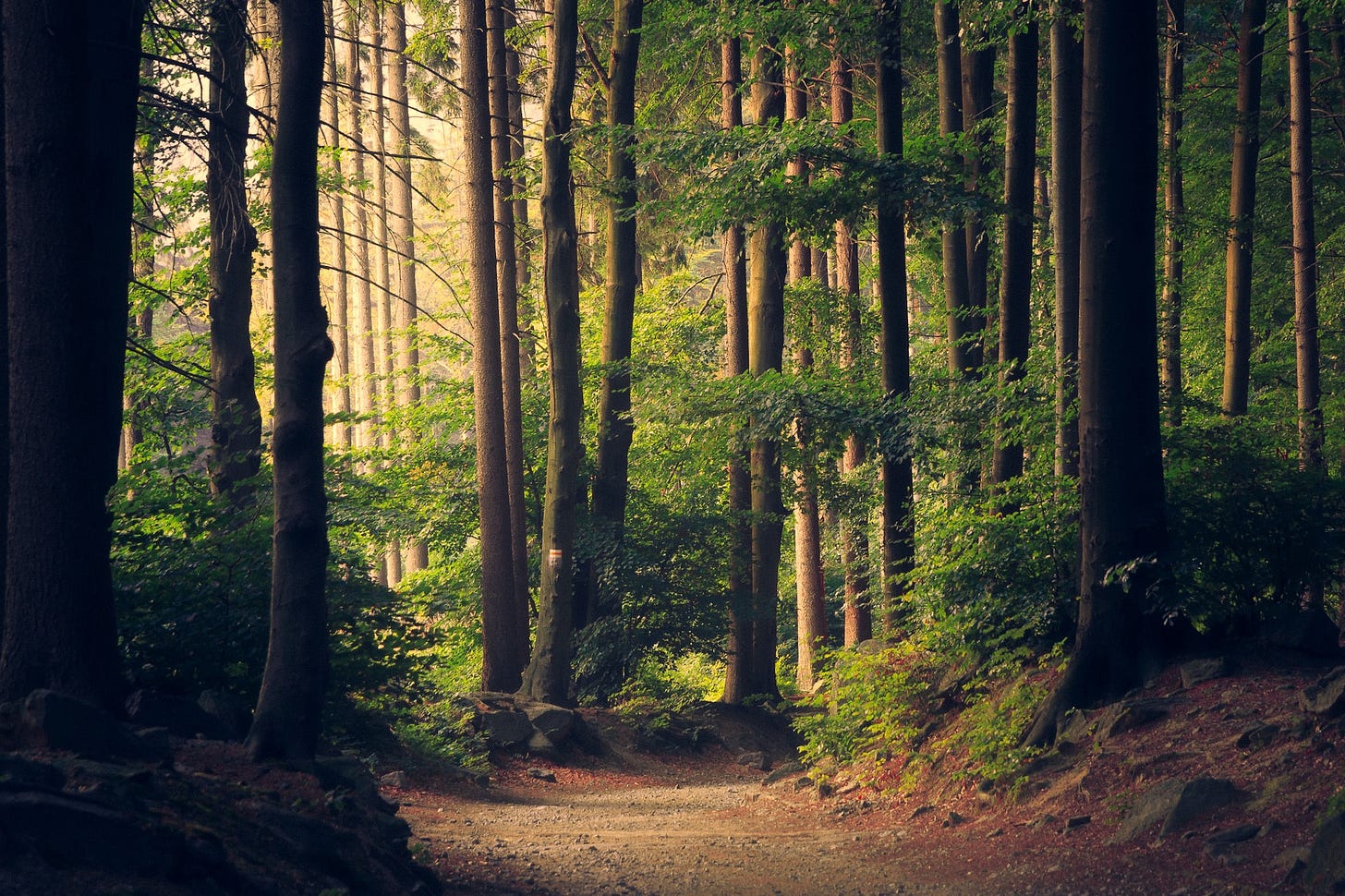Why Don’t Anthropologists Study Adventure?
A Brief Overview of Adventure in the Social Sciences and Humanities

Anthropologists rarely study adventure. This is odd given that adventure is one of its main selling points in attracting people to the discipline in the first place. Fortune and fame are certainly not in the secret recruiting sauce of what captures aspiring young anthropologists. The desire to cultivate a cosmopolitan outlook and become enthralled with different people and places across the globe is essentially what has drawn countless anthropologists to join such academic communities as anthropology and archaeology. And whether or not contemporary anthropology professors seeking out eager graduate students to be their minions want to admit it, the romance of adventure is largely what they capitalize on to bring people into the fold. The promise of adventure is certainly what initially hooked me
Many of the classic ethnographies including those of Frank Cushing, Franz Boas, Margaret Mead, Ruth Benedict, Bronislaw Malinowski, A.R. Radcliffe-Brown, Julian Steward, E.E. Evans-Pritchard, and Edmund Leach were situated in diverse geographic and cultural settings. Their work was spoken about and written in mesmerizing, adventurous undertones that captivated and inspired generations of anthropologists and the public alike.
What makes today’s lack of attention to adventure more puzzling is that adventure is arguably one of our oldest behavioral traits as a species and might very well be a plausible explanation as to why humans are a global species, as I argue in my upcoming book. Global exploration has likely been central to our survival. Other species that stay confined to a single ecological niche stand a greater chance of facing extinction. Humans, by gradually spreading further across the landscape, ensured they were not putting all their eggs in one basket and unwittingly enhanced our survival. Perhaps this helps explain why we will one day soon be on our way to becoming a multi-planetary species (pending Elon Musk’s attempts to migrate us to the rather uninspiring and desolate Red Planet, starting at $200,000 per person). Whether this expansion of our species across the globe was deliberate or had anything to do with having an urge to adventure, remains open for debate.
Many biological anthropologists, archaeologists, and linguists have indeed studied human migration. Their work attempts to explain the where, when, and hows of human movement across the globe, dating from nearly 8 million years up to the present. For example, a persistent and long-running debate in biological anthropology has been attempting to track when and how humans first migrated out of Africa and populated the rest of the planet by investigating population genetics and attempting to model our biological evolution. Perhaps one of the more beautifully written and fascinating looks into human migration, from an archaeological and linguistic perspective, is David W. Anthony’s The Horse, The Wheel, and Language: How Bronze-Age Riders from the Eurasian Steppes Shaped the Modern World.
To be fair, it’s not completely accurate to say no one in the humanities and social sciences has investigated adventure. The German sociologist and philosopher Georg Simmel did write a series of essays in the early 20th century related to adventure. For instance, he examines the unique social role of strangers, wanderers, and outsiders in his essay The Stranger. Simmel’s examination of adventure aligns with my own analysis of adventure in his 1911 essay Das Abenteuer (translated as The Adventure or The Adventurer) which views adventure as a form of experiencing that has to do with our internal conscious state of mind rather than a set of particular external events. Similarly, the topic of adventure is addressed in philosophical and religious studies along the lines of phenomenology—the study of what direct experience of consciousness is like in a given activity. For example, the existential philosopher Jean-Paul Sartre examines the meaning of adventure and whether or not adventure is an illusion in his novel Nausea. And the French philosopher, social theorist, and feminist scholar Simone de Beauvoir importantly pointed out in her book The Second Sex that adventure is not necessarily accessible to everyone and that structures of inequality and power imbalances, that run along class, gender, and socioeconomic lines, can limit people’s ability to experience adventure.
Speaking directly to the field of anthropology, there is at least one anthology published in recent years that has attempted to tackle adventure in an anthropological framework, that being the book Tarzan was an Eco-tourist...and Other Tales in the Anthropology of Adventure by Luis A. Vivanco and Robert J. Gordon. I will return to this work momentarily. Nevertheless, why has the anthropology of adventure not fully developed in the way other anthropological subjects have, such as the extensive studies surrounding religion, kinship, technology, language, politics, and economics and why have anthropologists been reluctant to study it? We’ll explore two hypotheses for now.
Keep reading with a 7-day free trial
Subscribe to Those Who Wander to keep reading this post and get 7 days of free access to the full post archives.


